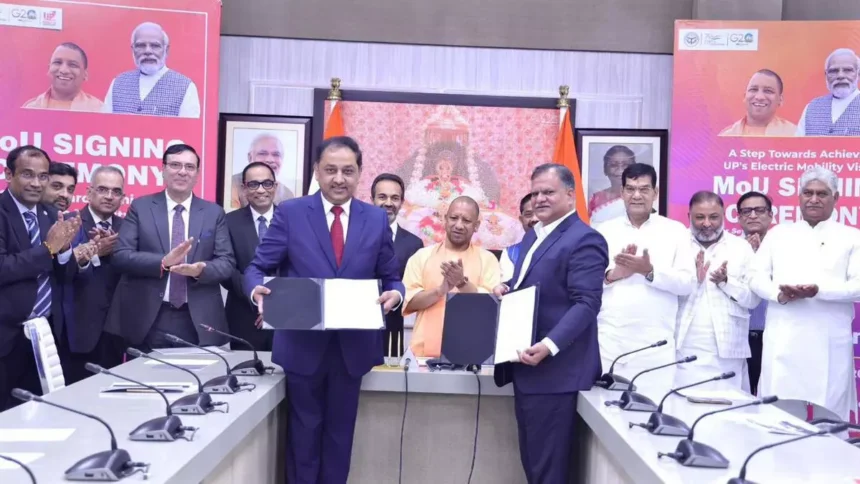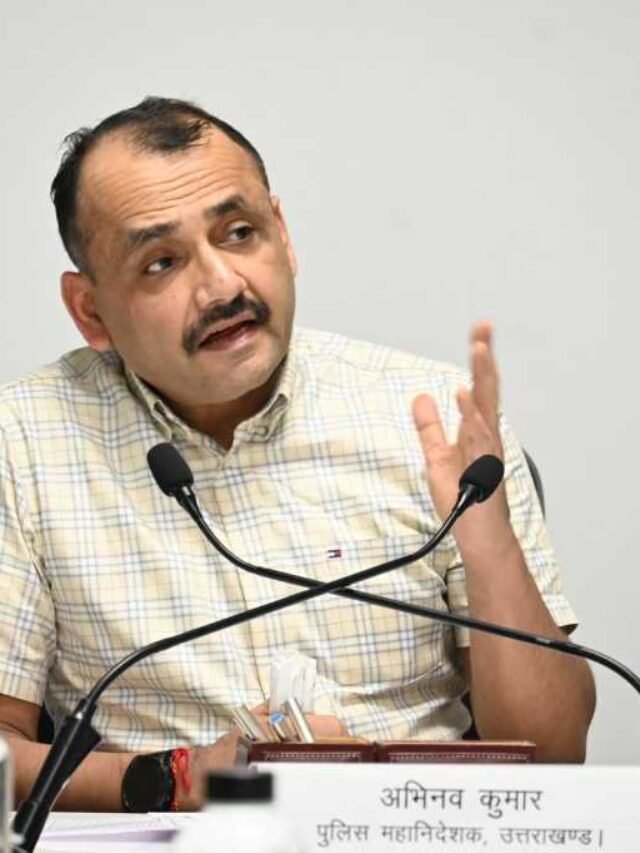Initially, the company was exploring locations in South India to establish a cutting-edge electric bus manufacturing plant. Just a year ago, Mahesh Babu, CEO of Switch Mobility, Ashok Leyland’s electric vehicle arm, had expressed the intention to settle in the southern region.
However, Ashok Leyland has now decided to make Uttar Pradesh its new home for electric bus production. They have formally entered into a memorandum of understanding with the Government of Uttar Pradesh, marking this as Ashok Leyland’s seventh manufacturing facility in India.
- Advertisement -
In line with the Net Zero Mission, Yogi Adityanath, Chief Minister of Uttar Pradesh, has commented that Ashok Leyland’s substantial investment in the state strengthens Uttar Pradesh’s rapidly growing status as a manufacturing hub. He further emphasized the state government’s eagerness to attract private-sector investments aligned with their net-zero objectives.
The proposed manufacturing facility in Uttar Pradesh will initially have the capacity to produce 2,500 buses annually. Ashok Leyland aims to gradually expand this capacity over the next decade, eventually reaching 5,000 vehicles per year. This expansion is in anticipation of the substantial growth in demand for electric and other types of buses in the coming years.
While the primary focus of the new factory will be electric bus production, it will also possess the flexibility to assemble vehicles running on conventional fuels as well as emerging alternative fuels.
Shenu Agarwal, MD and CEO of Ashok Leyland, highlighted the company’s commitment to achieving net-zero emissions by 2048 as a key driver behind establishing the plant in Uttar Pradesh. He praised the state for being one of the largest and most dynamic in India, with a strong commitment to environmental sustainability.
- Advertisement -
The Indian electric bus market has experienced significant growth in the past two years, driven by various favorable factors, including government initiatives to electrify fleets and the efforts of original equipment manufacturers (OEMs) to develop comprehensive electric vehicle ecosystems.
The recent announcement by the central government to deploy 10,000 electric buses across 169 cities is expected to bolster electric bus adoption in the coming months. Moreover, the National e-Bus Programme (NEBP), aiming to deploy 50,000 electric buses across India, and the anticipated FAME-III policy framework in FY24 are poised to further stimulate electric bus sales.
Over the next 5-7 years, the electric bus market in India is projected to experience significant growth. According to the rating agency ICRA, e-bus penetration is expected to rise to 11-13 percent in FY2025, up from 7 percent in FY23. By FY30, it is forecasted to reach 40 percent, signaling a profound shift towards sustainable and eco-friendly transportation.








